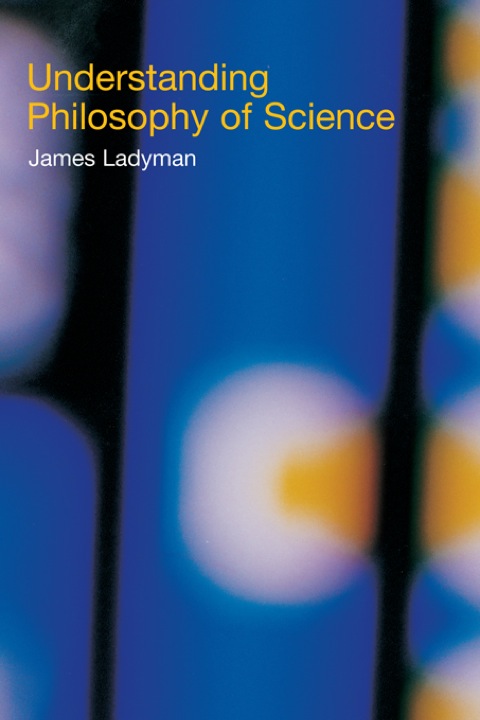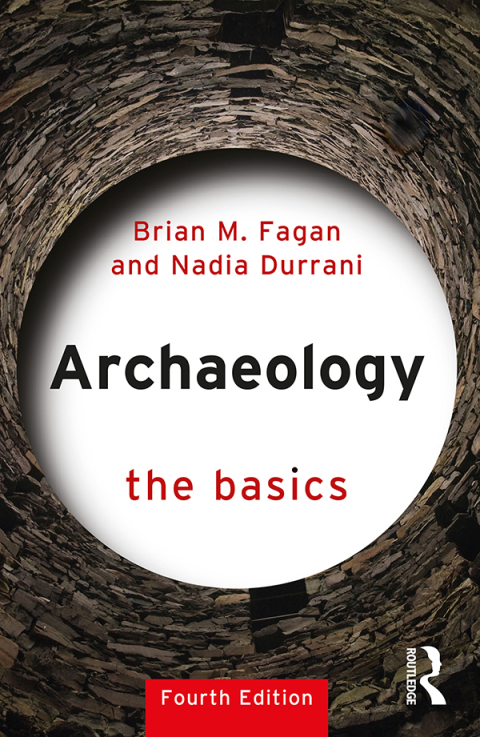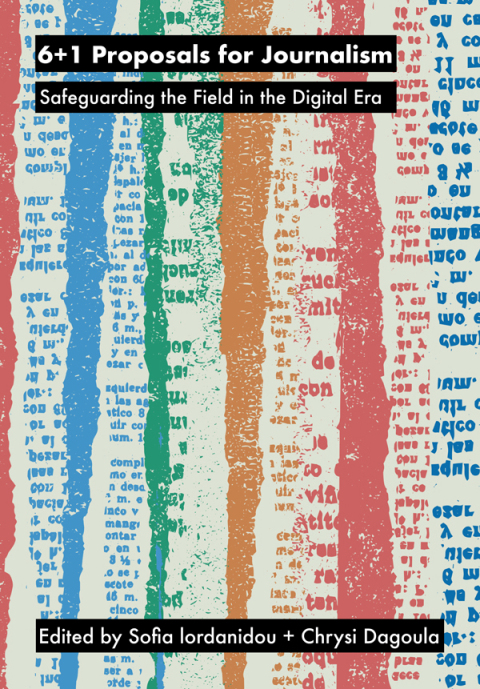Description
Efnisyfirlit
- Cover
- Half Title
- Title Page
- Copyright
- Dedication
- Contents
- Preface
- Acknowledgements
- Introduction
- Philosophy of science as epistemology and metaphysics
- Part I: The Scientific Method
- 1. Induction and Inductivism
- 1.1 The sceptic’s challenge
- 1.2 The scientific revolution
- 1.3 The ‘new tool’ of induction
- 1.4 (Naïve) inductivism
- Further reading
- 2. The Problem of Induction and Other Problems with Inductivism
- 2.1 The problem of induction
- 2.2 Solutions and dissolutions of the problem of induction
- 2.3 Inductivism and the history of science
- 2.4 Theory and observation
- 2.5 Conclusions
- Further reading
- 3. Falsificationism
- 3.1 Popper and the critique of Marxism and psychoanalysis
- 3.2 Popper’s solution to the problem of induction
- 3.3 The context of discovery and the context of justification
- 3.4 The Duhem problem
- 3.5 Problems with falsificationism
- 3.6 Conclusions
- Further reading
- 4. Revolutions and Rationality
- 4.1 The received view of science
- 4.2 Kuhn’s revolutionary history of science
- 4.3 Paradigms and normal science
- 4.4 The Copernican revolution
- 4.5 Theory and observation
- 4.6 Incommensurability
- 4.7 Relativism and the role of reason in science
- Further reading
- Part II: Realism and Antirealism about Science
- 5. Scientific Realism
- 5.1 Appearance and reality
- 5.2 The metaphysics of the external world
- 5.3 Semantics
- 5.4 Standard scientific realism
- 5.5 Antirealism
- Further reading
- 6. Underdetermination
- 6.1 Underdetermination
- 6.2 Constructive empiricism
- Further reading
- 7. Explanation and Inference
- 7.1 Explanation
- 7.2 Inference to the best explanation
- 7.3 Common sense, realism and constructive empiricism
- Further reading
- 8. Realism About What?
- 8.1 Theory change
- 8.2 Multiple models
- 8.3 Idealisation
- 8.4 Structural realism
- Further reading
- Glossary
- Bibiliography
- Index






Reviews
There are no reviews yet.